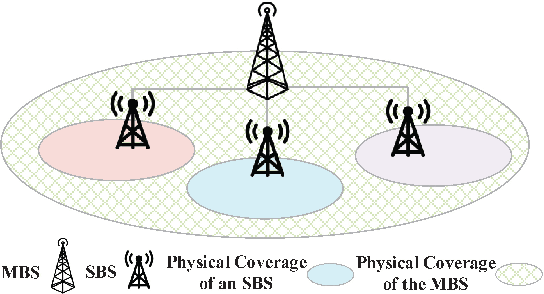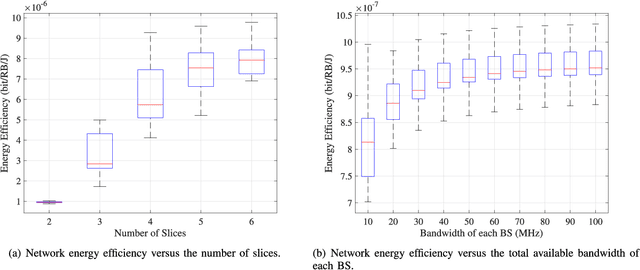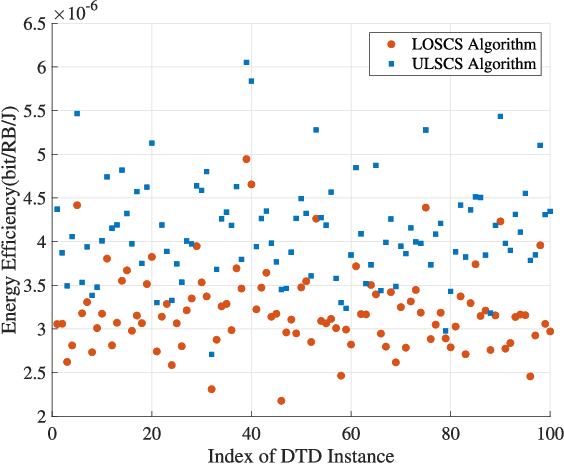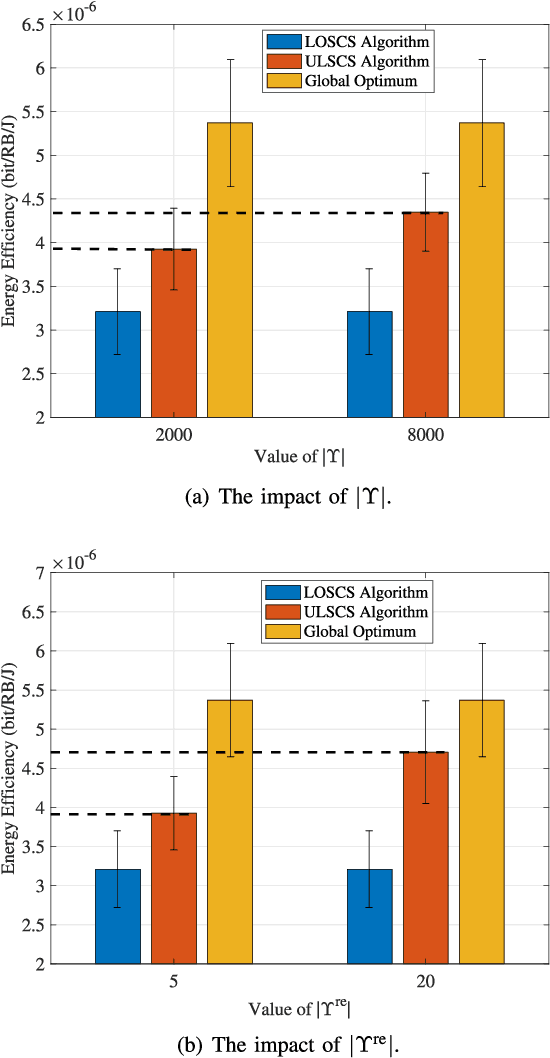AI-Assisted Slicing-Based Resource Management for Two-Tier Radio Access Networks
Paper and Code
Aug 21, 2023



While network slicing has become a prevalent approach to service differentiation, radio access network (RAN) slicing remains challenging due to the need of substantial adaptivity and flexibility to cope with the highly dynamic network environment in RANs. In this paper, we develop a slicing-based resource management framework for a two-tier RAN to support multiple services with different quality of service (QoS) requirements. The developed framework focuses on base station (BS) service coverage (SC) and interference management for multiple slices, each of which corresponds to a service. New designs are introduced in the spatial, temporal, and slice dimensions to cope with spatiotemporal variations in data traffic, balance adaptivity and overhead of resource management, and enhance flexibility in service differentiation. Based on the proposed framework, an energy efficiency maximization problem is formulated, and an artificial intelligence (AI)-assisted approach is proposed to solve the problem. Specifically, a deep unsupervised learning-assisted algorithm is proposed for searching the optimal SC of the BSs, and an optimization-based analytical solution is found for managing interference among BSs. Simulation results under different data traffic distributions demonstrate that our proposed slicing-based resource management framework, empowered by the AI-assisted approach, outperforms the benchmark frameworks and achieves a close-to-optimal performance in energy efficiency.
 Add to Chrome
Add to Chrome Add to Firefox
Add to Firefox Add to Edge
Add to Edge